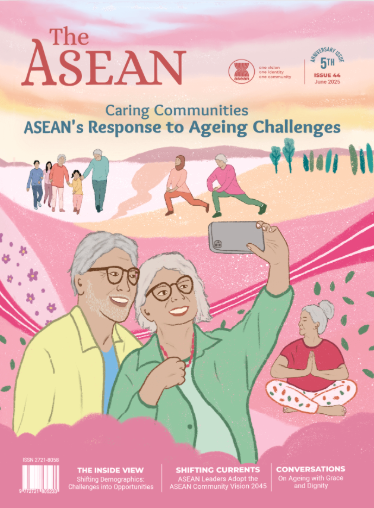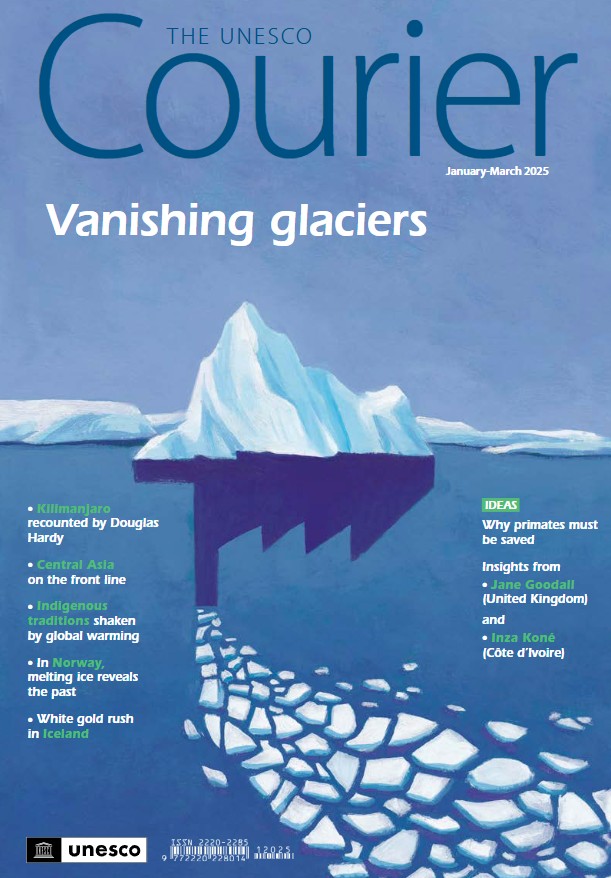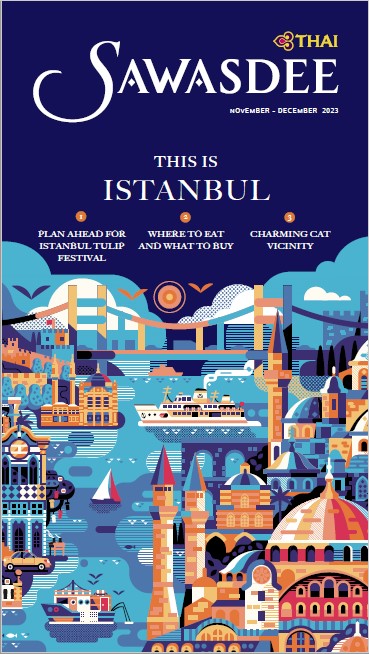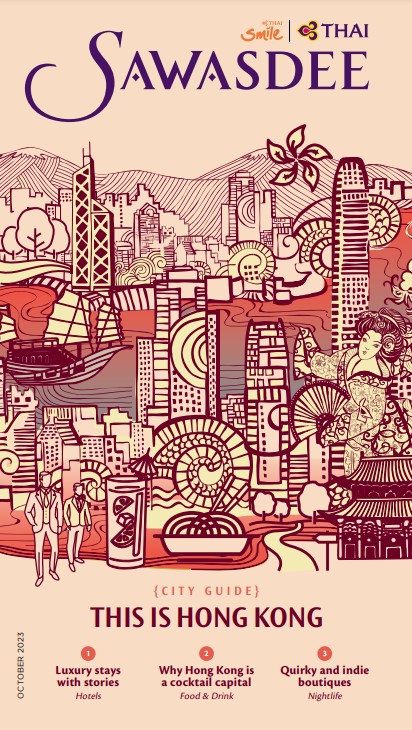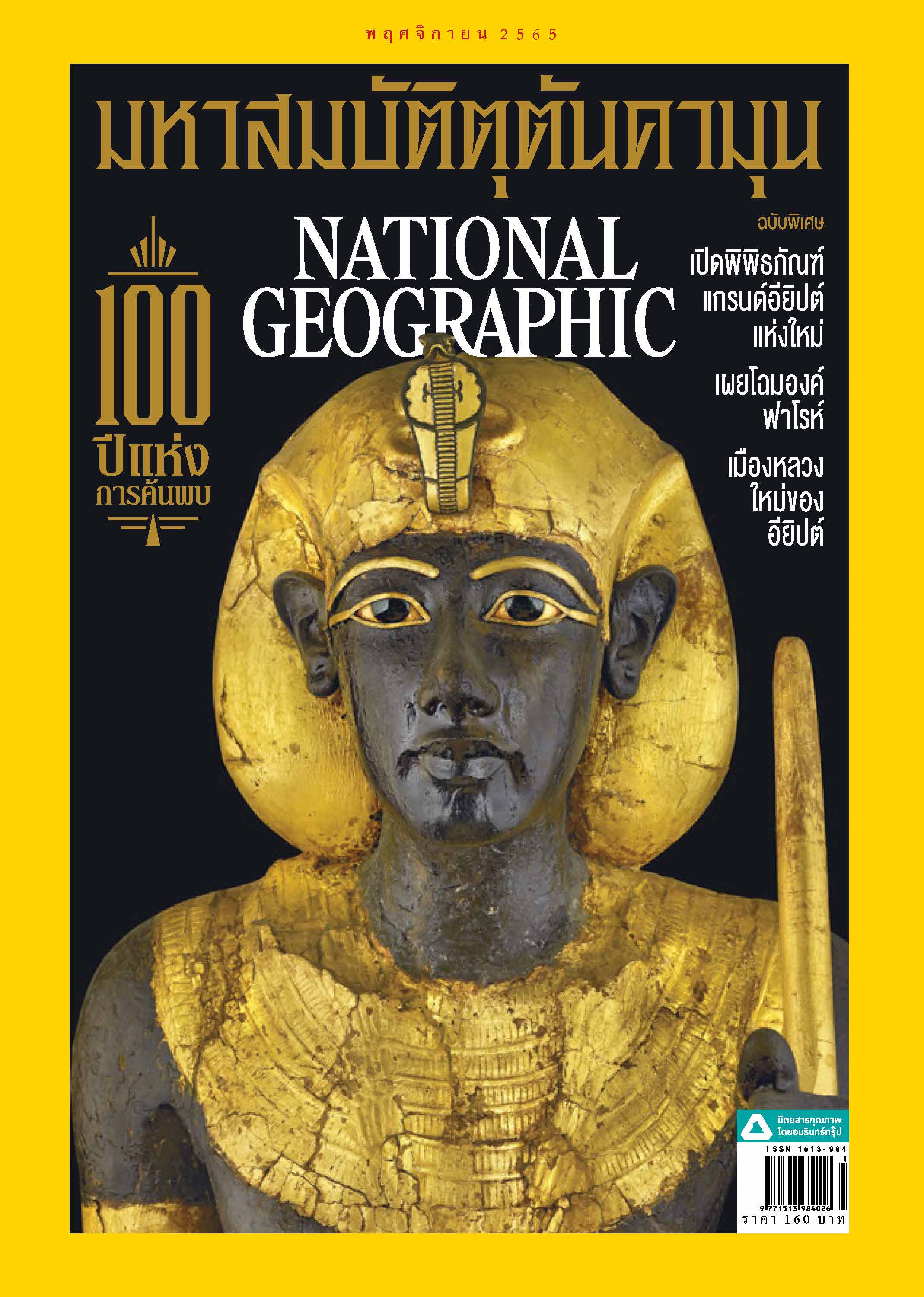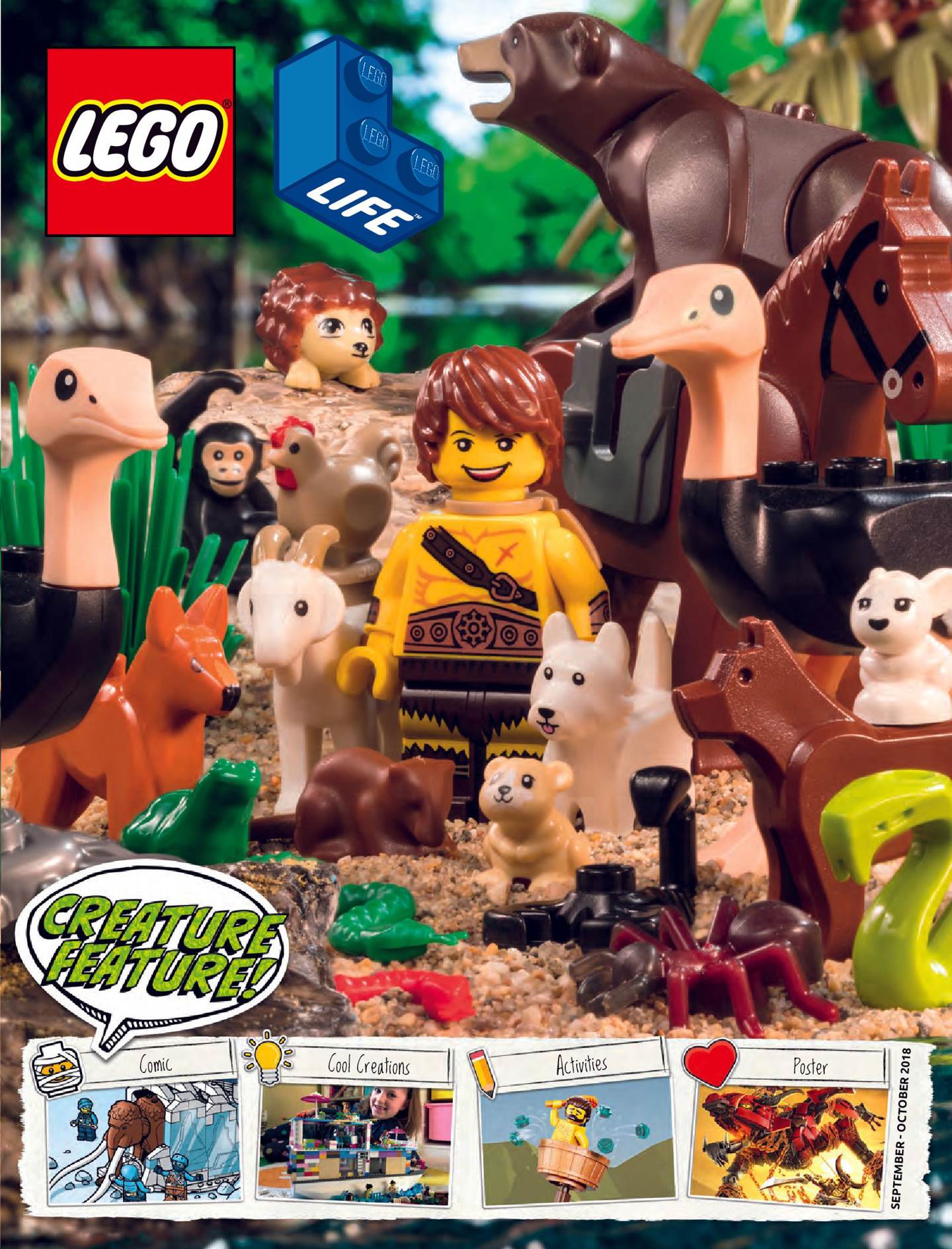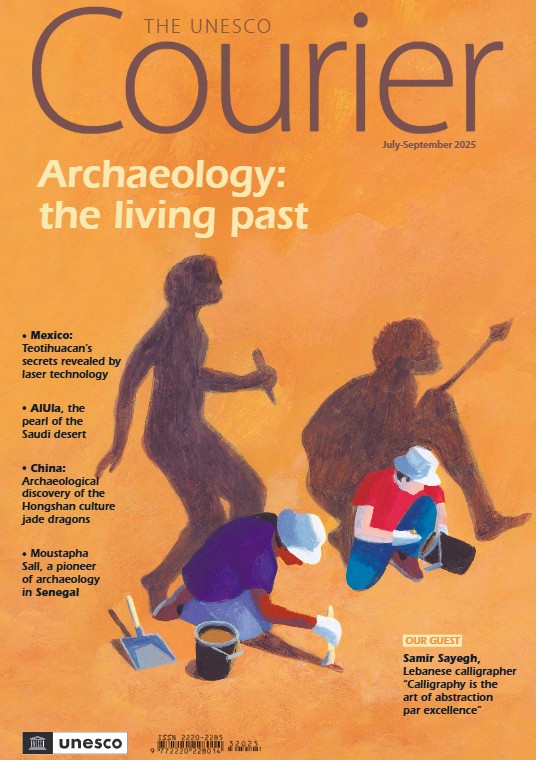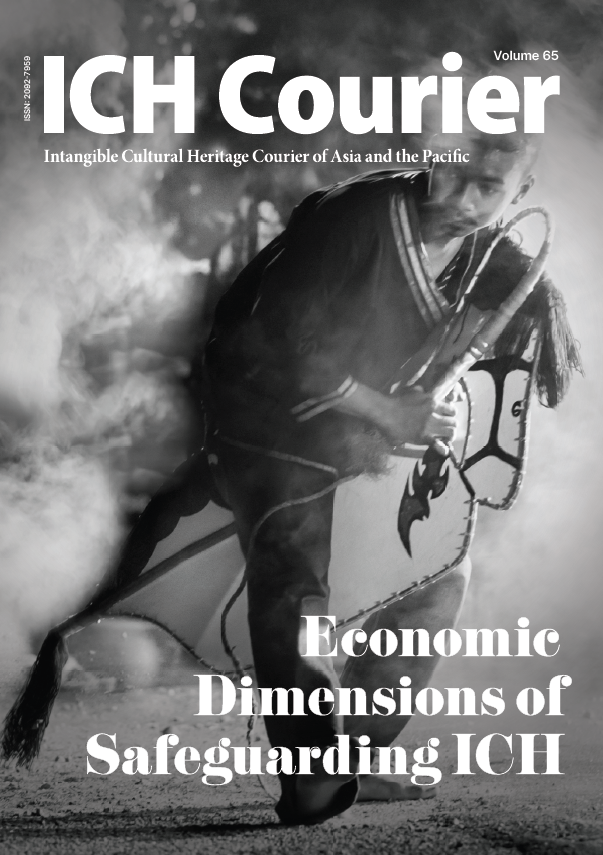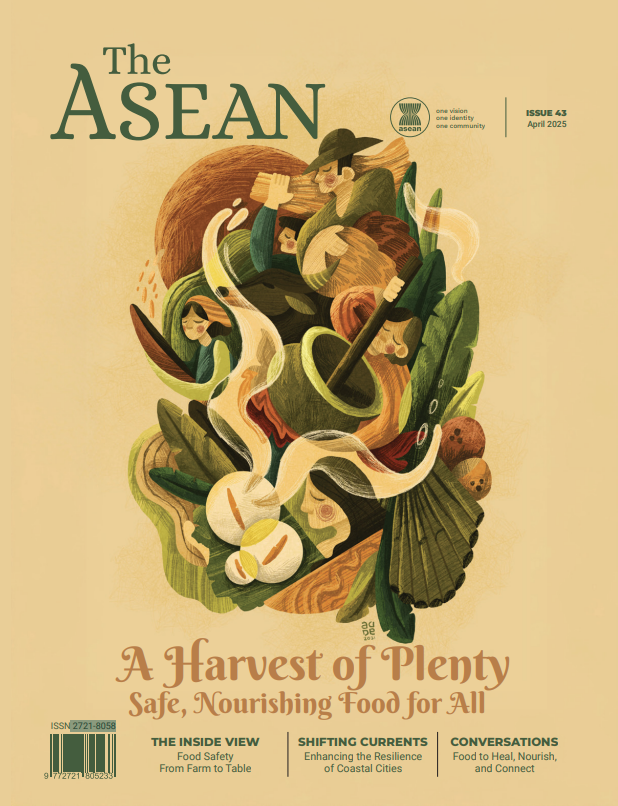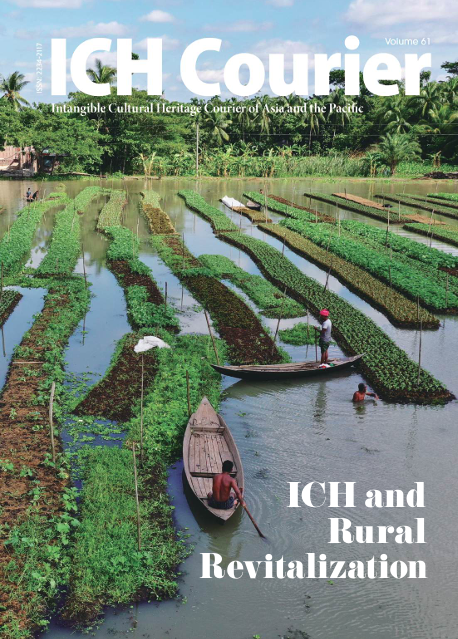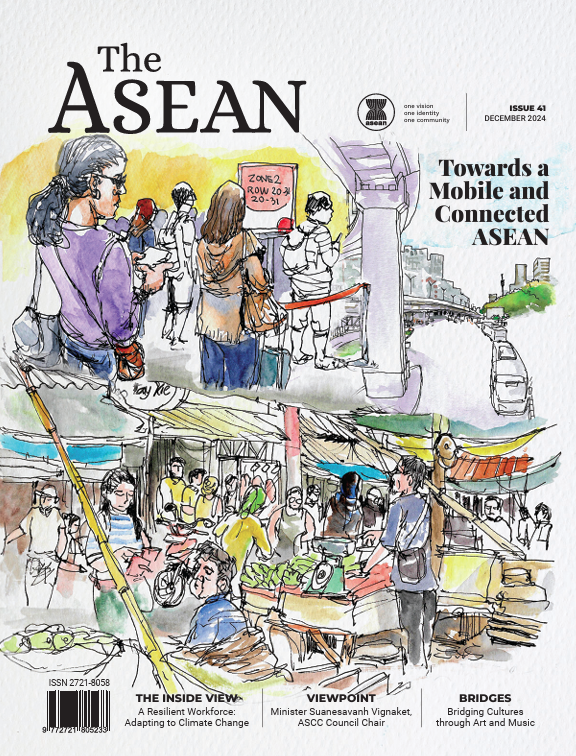| Barcode | Call Number | Status | Action |
|---|---|---|---|
| 00039770 | - |
Available
|
To those who still view archaeology as a musty and outdated science, recent events have brought a sharp rebuttal. Major discoveries have occurred at such a rapid pace that many are now talking about a new golden age for this discipline. In February 2025, the discovery of the tomb of Thutmose II, ancestor of Tutankhamun, near the Valley of the Kings in Luxor was hailed as a remarkable find by the Egyptian Ministry of Antiquities. In 2024, a huge Mayan city was detected in the jungle in Campeche state, southeastern Mexico. In Petra, Jordan, a burial chamber unknown until last year is yielding valuable information about the Nabataean civilization. These discoveries owe much to the use of new technologies such as lidar, a laser remote sensing technique that can detect structures beneath layers of vegetation. It is proving particularly valuable for exploring the dense jungles of Central America. Artificial intelligence is also enabling unprecedented breakthroughs: in 2024, it helped decipher a 2,000-year-old parchment burned during the eruption of Vesuvius that engulfed the ancient Roman city of Pompeii. These advances, often the result of international cooperation, go far beyond scientific progress. Understanding the ingenuity of ancient civilizations also means recognizing the diversity of human expression and the importance of preserving sites for future generations, because the discovery of these fragile treasures includes the duty to protect and pass on this priceless heritage. That is why many of these sites are already included on the UNESCO World Heritage List. These new discoveries also provide a better empirical understanding of the past, challenging certain established certainties, notably concerning the role of agriculture in the emergence of unequal societies and the place of women. They enrich our collective memory and question our origins. This revival is a powerful lever for reconnecting modern societies to their roots and cultivating the best of our common humanity.
